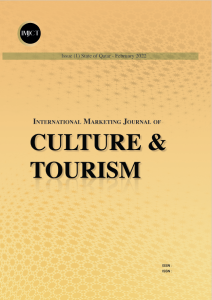Received Date: 2025-02-02| Accepted date: 2025-06-20|
Abstract:
The personalization of products and services has received considerable attention due to the proliferation of technology and marketing information systems and the growth of interest in one-to-one marketing. This study explores the luxury hotel personalization outcomes of lifestyle congruence, loyalty, and willingness to pay more (WTPM). By employing both structural equation modeling (SEM) and machine learning (ML), explanatory and predictive models are created. SHAP, an explainable AI method, is used alongside various machine learning methods to turn their “black box” nature into a “glass box” by illuminating the feature importance of each variable. The relationship between personalization and WTPM was found to be stronger for males and Gen Xers. The serial mediating role of lifestyle congruence and loyalty was also significant in the relationship between personalization and WTPM. The study results indicate a congruence between the explanatory and predictive models regarding the hierarchical significance of the variables – personalization, loyalty, and lifestyle congruence – in determining the willingness to pay more. Both models consistently rank the importance of these variables in the same order, thereby affirming their robustness in explaining and predicting willingness to pay more.
Keywords:
Personalization, Willingness to Pay More, Loyalty, Lifestyle Congruity, Machine Learning, Explainable AI

